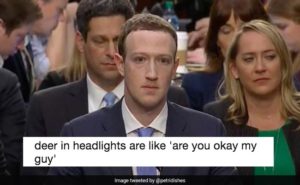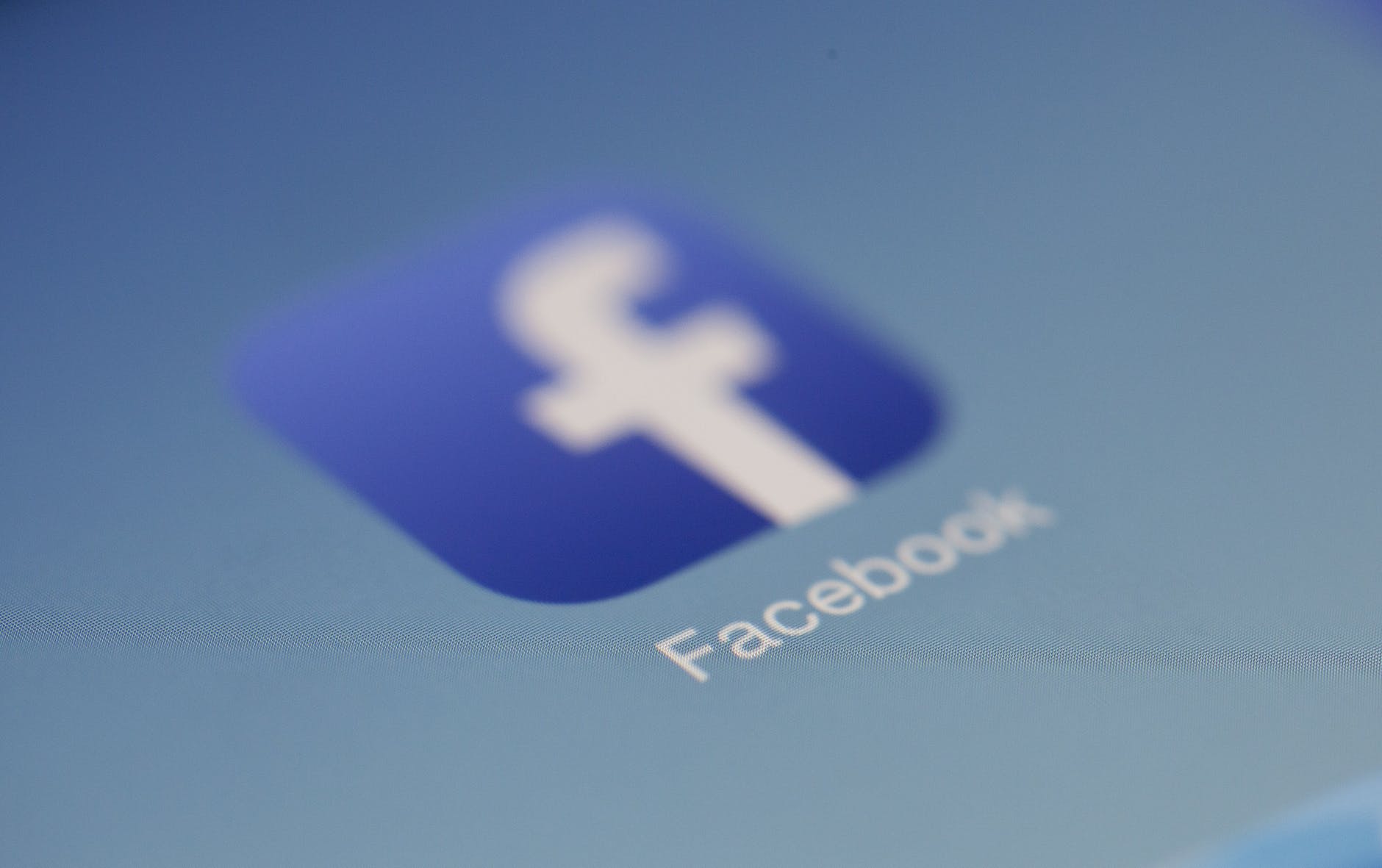Facebook’s been up to no good.

It’s Friday the 13th and we can’t wait till this unlucky day is over.
But who could be more unfortunate than Facebook founder Mark Zuckerburg, who spent 2 days in Washington enduring an extensive grilling from the senate regarding Facebook’s alleged data breach?

(Source: ndtv.com)
His face says it all. To make matters worse, netizens have also been making him the butt of all robot memes on social media –

(Source: knowyourmeme.com)
And also debating over his possible reptilian ancestry.

(Source: thesun.co.uk)
Case in point. See the resemblance yet?
But enough of the memes. On to the more serious stuff.
We’re sure you’ve all heard of the Cambridge Analytics saga Facebook’s been embroiled in recently. In March, the hashtag #deletefacebook trended online as a result of the big reveal: that up to 87 million Facebook users’ worth of data had been obtained and used to make political advertisements. And Facebook’s been under fire ever since, with lawmakers, government officials and members of the public alike condemning the company for its neglect in protecting users’ personal data.
The monetisation of users’ data doesn’t really come as a surprise to us – the issue of data leaks and privacy breaches on Facebook had been raised as early as 2012. Perhaps what really shocked viewers this time and blew up the whole conundrum was the fact that the political ramifications were so large.
Affiliated to Donald Trump, the analytics firm had apparently stolen specific data from Facebook users and their friends, drew up a psychological profile of them according to their Facebook interactions and likes, and engineered political ads in a way that were specifically catered towards their different personality types. And the impact of these ads were enough to shift the outcome of the 2016 Presidential elections in Trump’s favour. Talk about scary.
In the 2 hearings that took place this Monday and Wednesday, Mark Zuckerburg issued a public apology, saying that Facebook had made a “big mistake” in shirking its responsibility to protect its users from harm. Though there seems to be a lack of specific plans at the moment to improve users’ privacy settings apart from promises that his team will “follow up”, Zuckerburg is persistent on one thing: Facebook will continue to be a platform where users have ultimate control over their information.
We’ve been conditioned in this digital age to view the sacrifice of our personal data and information as a fair trade off for making connections online and building social relationships with others.
With everything going on, maybe now is the time to question: Is it really the case? Are we ready to let strangers glean information about us that our closest friends might not even know, and to accept the fact that this information might be used for questionable purposes, against our will?

(Source: Giphy.com)
Whatever it is, this is not a call for you to set fire to all your Facebook accounts. It is undeniable: social media is a powerful tool that can not only be used to connect people and communities from all corners of the globe (not to mention stalking the cute girl from work), but also acts as a digital platform for companies to expand their consumer base and outreach.
But perhaps it wouldn’t hurt to think twice in the future before you share any confidential information online. Being careful and taking a conscious effort to manage your privacy settings could go a long way in protecting yourself.
After all, you never know who or what might be lurking.
[/et_pb_text][/et_pb_column][/et_pb_row][/et_pb_section]
